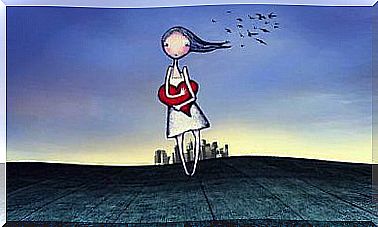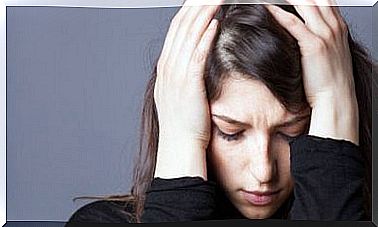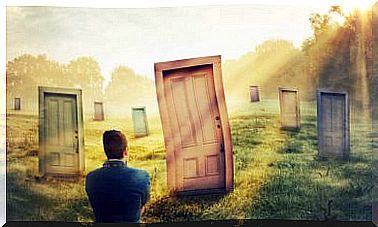7 Things You Thought Would Make You Happier

Being happy is not a state of permanent pleasure that some privileged people achieve without quite knowing why. Happiness is a conscious position towards life, a choice. In the fourth century BC, the philosopher Aristotle defined happiness as ” the consequence of correct behavior, the result of knowing how to make the best use of our possibilities, our dispositions, our talents, and the opportunities that life offers us ” .
Sometimes we have the feeling that being happy depends on factors such as luck or material belongings. However, that’s not how it works. Let’s not forget that it ‘s possible to be absolutely miserable even if you have everything, or clearly happy with very little.
The money
Make no mistake, under the minimum necessary, money is important. However, once these necessary minimums are surpassed, the increase in income has very little to do with perceived satisfaction. Working hard to earn a lot of money does not increase happiness.
Perhaps you think that what brings happiness is having sufficient economic means and not having to face the arduous task of having to go to work every day, especially if work is not to your liking. Well, that’s not true either, because people who have won the lottery, once the first moments of emotion are over, don’t feel any happier than others.
have plenty of leisure time
Excessive free time and lack of responsibilities can induce and intensify a negative mood. That’s why it ‘s important to find a balance between obligations and rewarding activities. Inner emptiness, boredom, lack of expectation, and the absence of the precious sense of feeling useful give way to a life without satisfaction.

Our mood can be compared to a scale where excess obligations weigh on one plate and rewarding activities weigh on another. Enjoying a good mood requires having a balanced balance.
The success
It has not been proven that professional success contributes to making us happier. If it happens suddenly, it can make the person lose the feeling of control over their own existence by not being able to digest the new experiences, as well as the expectations, their own and others, that success brings with it.
Dare to savor the success that comes from growing according to your abilities and principles, no matter how much others do not consider you a successful person by your standards. There are many differences between the two types of success, and discovering them will help you acquire the tools you need to achieve what really works, the personal and the non-transferable.
Social support: happy people tend to have a more satisfying social life
A happy person spends less time alone and maintains good social relationships with his friends. But what comes first: the chicken or the egg? In other words, do happy people consciously cultivate their social life more or are they more attractive and therefore have more friends? In any case, having a good social support network is very important.
In the face of any crisis, having solid support acts as a cushion. But beware: it is also essential to know how to be alone. Unbridled social activity, with no time to cultivate hobbies and be with oneself, can become a clear obstacle to true happiness. It’s also a way to avoid finding yourself and facing your own life.
the social position
Aspiring to a higher social position is natural to human beings, but it does not bring happiness nor does it contribute to achieving it. Office workers are no happier than manual workers, which confirms that social category is irrelevant in relation to happiness .
In fact, in another study carried out with children or adolescents, those from lower social classes said they were happier and those from higher classes, on the contrary, said they felt more unhappy. Something that clashes with what, in principle, we would expect.
woes and joys
Suffering many misfortunes does not prevent someone from being happy. Sometimes our greatest joys come from alleviating our worst fears. In times of war there are far fewer psychological problems.
During the war, psychiatric illnesses generally decrease and there are few psychological problems. A quick adaptation is produced to survive and the psychological is an unfeasible luxury.

The gender
Women experience twice as many emotional problems as men, but they also experience more positive and intense emotions. Thus, there are mental disorders that occur more frequently in women than in men, and vice versa.
The way women and men fight their sadness is different. Women talk more about it, turn to the psychologist more, and are more likely to ask for help.
What to do to be happier?
External factors are no more than 15% of the happiness we can enjoy. One of the great rules for being happy is to commit to yourself and your own goals, as well as finding meaning in your own existence, two habits we can learn.
It seems obvious, then, that neither money, position or social status, nor success or recognition from others will make us any happier. Everything that can make us happier comes from within us, from how we interpret life and how we manage our own thoughts.








